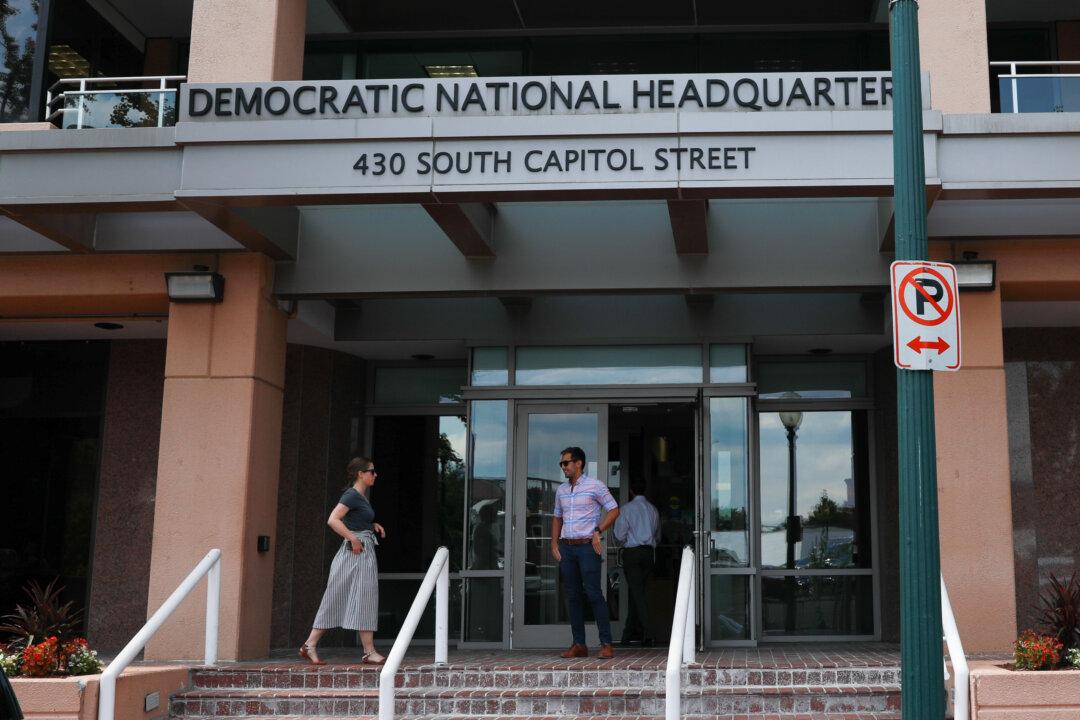Commentary
One of the most overlooked moments of the entire Russiagate saga has to be the dismissal, with prejudice, of the Democratic National Committee’s (DNC) ludicrous lawsuit just last week.

One of the most overlooked moments of the entire Russiagate saga has to be the dismissal, with prejudice, of the Democratic National Committee’s (DNC) ludicrous lawsuit just last week.